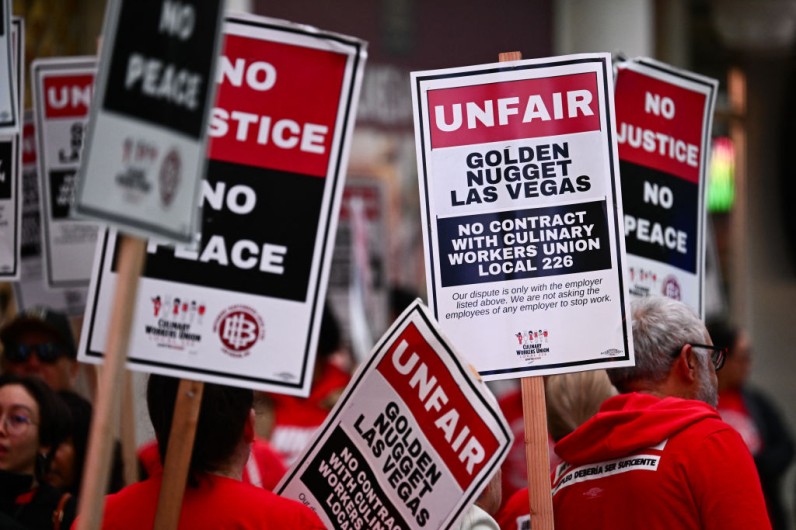
The top labor lawyer in the United States has asserted that her agency, the National Labor Relations Board (NLRB), will not yield to legal challenges from corporate giants such as Amazon, Starbucks, and SpaceX.
In a report from The Guardian, Jennifer Abruzzo, the NLRB general counsel appointed by President Biden, accused these companies of launching legal battles as retaliation for the agency's efforts to hold them accountable for violating workers' rights.
SpaceX, led by Elon Musk, filed a lawsuit against the NLRB after the agency complained about the company's termination of workers who voiced workplace concerns. Recently according to VCPost, about 8 engineers were fired after challenging Elon Musk's sexist claims.
READ NEXT : SpaceX Faces Labor Board Judge Over Alleged Engineer Firings Amid CEO Elon Musk Sexism Claims
Despite overwhelming caseloads and resource constraints, Abruzzo reaffirmed the NLRB's commitment to defending its constitutionality and enforcing federal labor law.
She criticized these corporations for prioritizing legal disputes over improving workers' lives and workplace conditions."These esoteric arguments came about why? Because we dared to issue a complaint against SpaceX after it unlawfully fired eight workers for speaking about their workplace concerns. And then Amazon jumps on the bandwagon, Starbucks jumps on the bandwagon..."
Now, the legal conflicts between the NLRB and corporate giants like Amazon, Starbucks, and SpaceX could prolong the process of negotiating contracts between unions and these companies.
Additionally, there is concern that the Supreme Court might rule on the constitutionality of the NLRB, which could have significant implications for labor law enforcement. Regardless, Abruzzo pressed how NLRB is always open to resolving disputes between labor and management in a peaceful manner and safeguarding the rights of the public dismissing, "unconstitutional" cries by Musk and other CEO's,
"Unfortunately, it seems to me they'd rather spend their money initiating court litigation rather than improving their workers' lives and their own workplace operations."







Join the Conversation